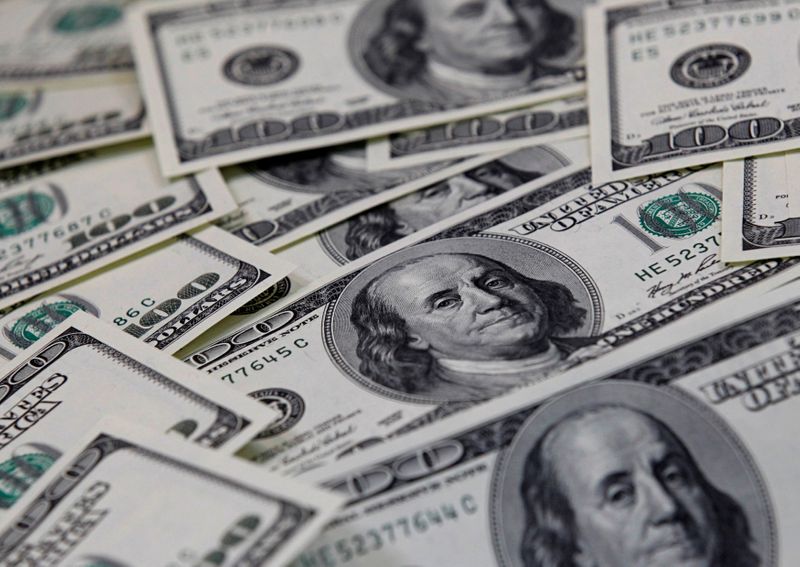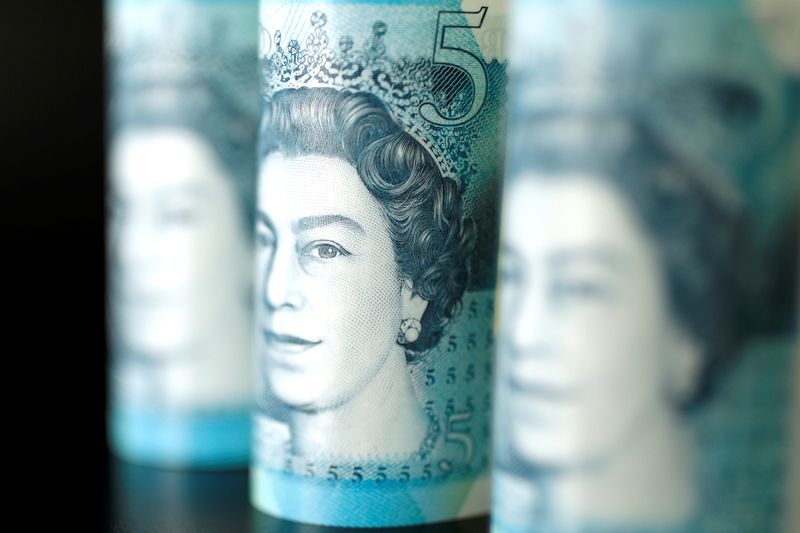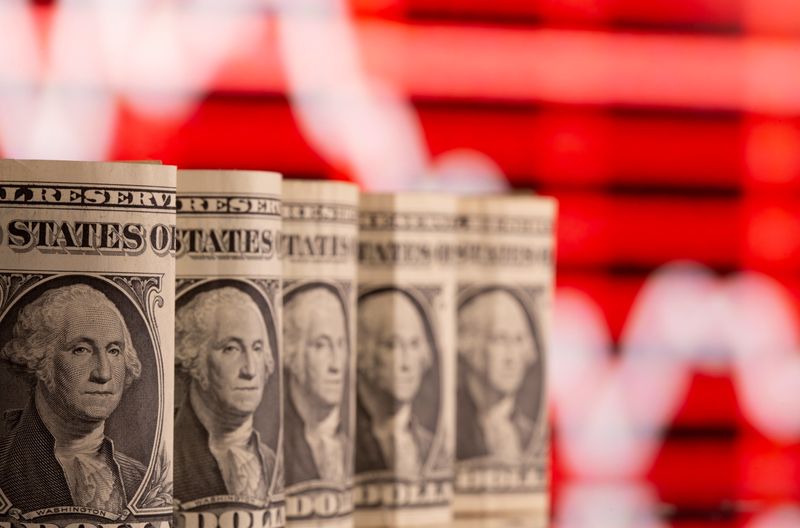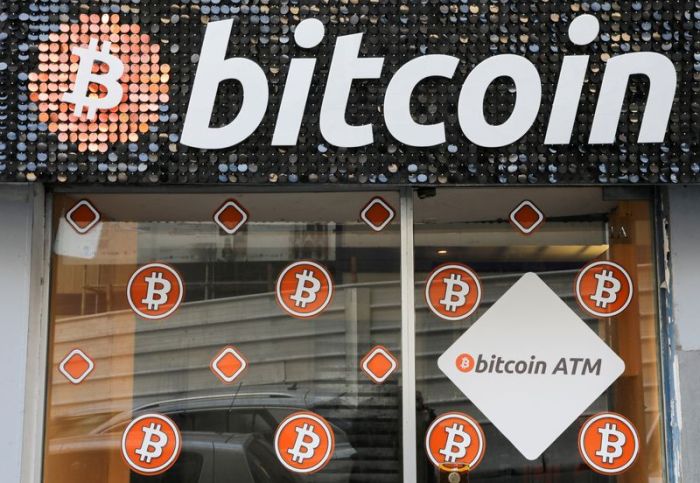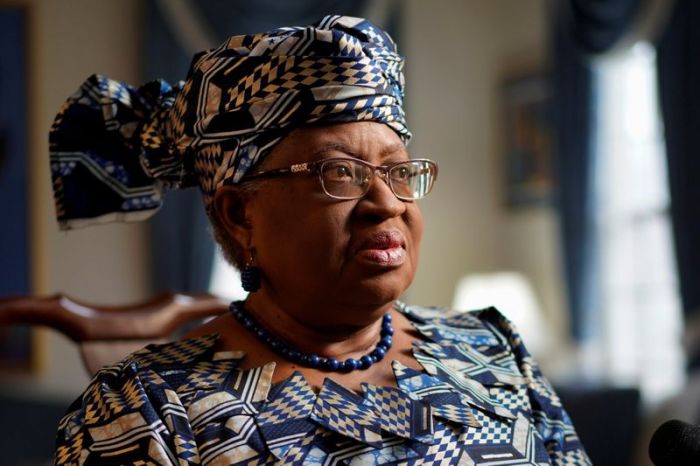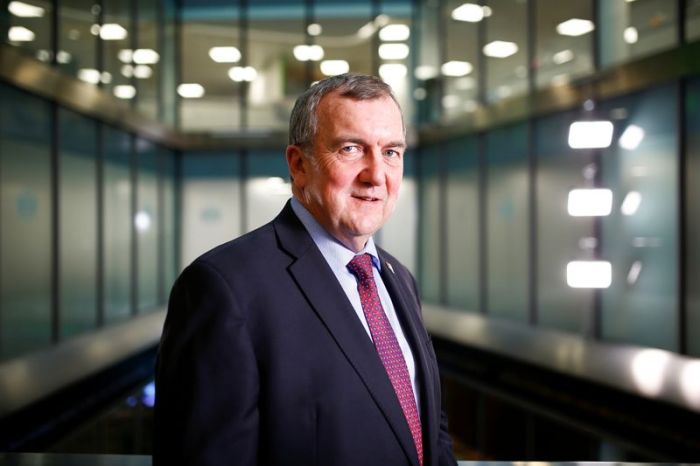NEW YORK (Reuters) – The dollar index rose to a three-week high on Monday as investors bet on faster growth and inflation in the United States, while the Australian dollar gained after Australia’s central bank bought more bonds than expected in a bid to stem rapidly rising yields.
The dollar has gained in the past few sessions along with U.S. government bond yields on expectations that growth and inflation will increase as the administration prepares new fiscal stimulus, and as vaccinations against COVID-19 become more widespread.
Benchmark 10-year Treasury yields rose to 1.432% on Monday, but are holding below the one-year high of 1.614% reached on Thursday.
The dollar is benefiting “on the yield differential, on the growth expectation differentials,” compared with other countries, said Boris Schlossberg, managing director of FX strategy at BK Asset Management in New York.
Still, Richmond Federal Reserve President Thomas Barkin on Monday warned against investors getting ahead of the Fed in anticipating monetary tightening as the economy improves.
Investors evaluating Fed policy should focus on the central bank’s “explicit” guidance on its plans and the relevant economic outcomes, not on second-guessing far ahead of time when interest rates or the pace of monthly asset purchases might change, he said.
The dollar index rose 0.28% to 91.024, after earlier reaching 91.139, the highest level since Feb. 8.
The euro fell 0.21% against the greenback to $1.2045.
The euro is lagging as the region falls behind in growth expectations.
“Everyone’s waiting for Europeans to catch up, both on the vaccination front and then on the stimulus front. When they do, that becomes the final piece of the puzzle that really propels global growth forward,” Schlossberg said.
Meanwhile, the European Central Bank will prevent a premature increase in borrowing costs for firms and households struggling to cope with a pandemic-induced recession, ECB President Christine Lagarde said on Monday.
The Australian dollar rebounded from Friday’s three-week lows after the Reserve Bank of Australia (RBA) increased its bond purchases to A$4 billion, raising expectations that other central banks could also buy more bonds if yields continue to surge.
The move “says that the central banks have more control of the market than the speculators do, and that they can soothe and calm the risk aversion fears,” Schlossberg said.
The Aussie was last at $0.7773, after dropping to $0.7693 on Friday.
The RBA will hold its monthly policy meeting on Tuesday, and markets expect it to reinforce its forward guidance for three more years of near-zero rates.
The safe haven yen reached 106.88 against the dollar, its weakest level since Aug. 28.
In cryptocurrency markets, bitcoin rose 7.55% to $48,699 but was off a record high of $58,354.14 hit on Feb. 21.
(Reporting by Karen Brettell; Editing by Kevin Liffey and Jonathan Oatis)

